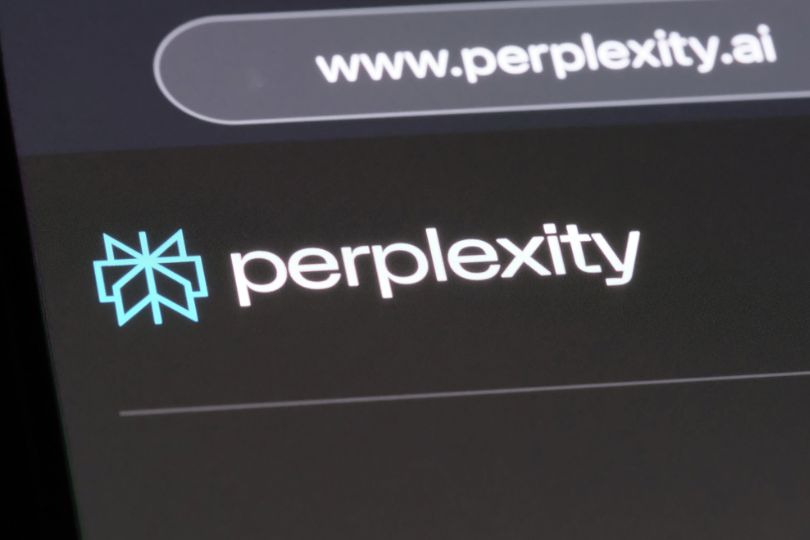Perplexity Introduces Revenue Sharing Program Amid Plagiarism Controversy
Perplexity launches the "Publishers' Program" to share ad revenue with partners like Time and Der Spiegel, addressing plagiarism concerns and building long-term media alliances.on Jul 31, 2024

In response to mounting plagiarism accusations, Perplexity has rolled out a new initiative called the "Publishers' Program," designed to share advertising revenue with its publishing partners. This move comes after weeks of scrutiny over the company's use of content from various publishers without proper attribution.
Under the "Publishers' Program," Perplexity has partnered with prominent names such as Time, Der Spiegel, Fortune, Entrepreneur, The Texas Tribune, and Automattic (notably including WordPress.com but excluding Tumblr). When Perplexity features content from these partners in response to user queries, the respective publishers will receive a share of the ad revenue generated. Additionally, participating publishers will be granted a free one-year subscription to Perplexity’s Enterprise Pro tier, access to developer tools, and insights through Scalepost.ai, an AI startup that facilitates partnerships between AI companies and publishers and provides data on content usage in search queries.
Dmitry Shevelenko, Perplexity’s Chief Business Officer, declined to disclose the exact terms of the deals but noted that the revenue share is a multiyear agreement with a "double-digit percentage" that is consistent across all publishers. He added that especially favorable terms were offered to the initial partners. Perplexity spokesperson Sara Platnick explained that payments are made on a per-source basis, meaning publishers are compensated for each article used in responses. The program will temporarily offer cash advances on revenue to publishers while Perplexity builds a long-term advertising model, although these advances are not equivalent to licensing fees for content, as seen in deals by OpenAI.
The initiative comes after a Forbes editor found the publication’s paywalled content plagiarized in Perplexity’s new product, Pages, which allows users to create reports or articles based on prompts. This incident was followed by a Wired investigation revealing that Perplexity’s AI had been paraphrasing WIRED stories inaccurately and with minimal attribution. Forbes has since threatened legal action against Perplexity.
Despite these issues, Shevelenko emphasized that the company began developing this program back in January, long before the plagiarism accusations surfaced. He mentioned that the team drew inspiration from X’s ad revenue sharing program. Although the program was initially scheduled to launch last month amid the controversy, the company decided to delay the launch until now.
Shevelenko acknowledged the negative perception of Perplexity as plagiarizing journalists' work, stating it is "not great" for an "aspiring consumer brand." He argued that the accusations were not entirely fair, as some individuals had been "tricking" the AI to produce plagiarized results. He insisted that the company’s practices fall within the bounds of fair use and copyright law.
Perplexity’s commitment to sharing revenue with publishers is part of a broader strategy to build long-term infrastructure for compensating content creators. Shevelenko expressed confidence that the program would benefit both parties: "If Perplexity succeeds, publishers will benefit from the upside, and if it fails, they won’t lose anything."
The introduction of this program is crucial for Perplexity as AI-powered search is more expensive than traditional search. To cover these costs, the company plans to start introducing ads in September. Although Perplexity currently does not have ad revenue, it anticipates partnering with luxury consumer brands and B2B software companies.
Paying publishers for content is an unusual move for a search tool, and Shevelenko acknowledged that investors are not thrilled about it due to concerns about profit margins. However, he believes that forming alliances with the media and creating the right long-term structures, such as ad revenue sharing, is essential for building a profitable business.
Perplexity’s new program also positions the company against competitors like OpenAI, which recently announced its AI-powered search product, SearchGPT. OpenAI has also formed partnerships with publishers and offered them control over how their content appears in search features. While Perplexity is willing to give publishers some control, Shevelenko emphasized that this should not compromise the product’s quality.
As AI companies increasingly utilize publisher content, partnerships like Perplexity’s “Publishers' Program” may provide a practical solution for media companies grappling with legal and financial challenges. Although questions remain about the program's long-term impact and fairness to smaller publishers, this initiative marks a significant step toward addressing the contentious issue of content use in AI applications.

.jpg)
.jpg)
.jpg)
.jpg)

.jpg)
.jpg)
.jpg)
.jpg)
.jpg)
.jpg)
.jpg)
.jpg)
.jpg)
.jpg)
.jpg)

.jpg)








Sorry! No comment found for this post.